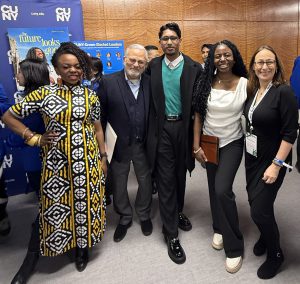 In the United States, food insecurity is associated with overweight and obesity, likely because food insecure populations have limited time and resources to engage in healthy eating or exercise.
In the United States, food insecurity is associated with overweight and obesity, likely because food insecure populations have limited time and resources to engage in healthy eating or exercise.
Previous research found an association between lower food security and higher body mass index (BMI) or overweight/obesity among US adults but studies of food insecurity and obesity among children and adolescents have had far less consistent results.
Ethnographic studies of Latino and other immigrant populations have shed light on how generational or intergenerational status (ie, country of nativity between parents and their children) independently affect individual or family BMI, although these results have also been inconsistent.
To investigate the joint effect of generational status and food insecurity on obesity prevalence among Latino youth, Assistant Professor Karen Flórez led a study recently published in the journal Pediatric Obesity.
Flórez and her team pooled data from the 2011 to 2017 National Health Interview Survey to derive a sample Latino youth aged 12 to 17. They divided the cohort into four generational categories: first generation (foreign‐born); second generation (US‐born with foreign‐born parent[s]); 2.5 generation (US‐born with one foreign‐born parent and one US‐born parent); and third generation (US‐born with U.S.‐born parent[s]).
Obesity percentages among food‐insecure households ranged from 12.8 percent in the first generation, 15.8 percent in the second, 24.3 percent in the 2.5, and 19.2 percent in the third. In fully adjusted models, 2.5 generation food secure youth had the highest prevalence of obesity when compared with first generation food secure youth, followed by third generation food insecure youth.
The investigators concluded that food security status is associated with increased obesity prevalence among Latino youth across the generations.
“Since obesity is a risk factor for the top causes of mortality and morbidity, the growing rate among this population is a grave public health concern,” Flórez says.




